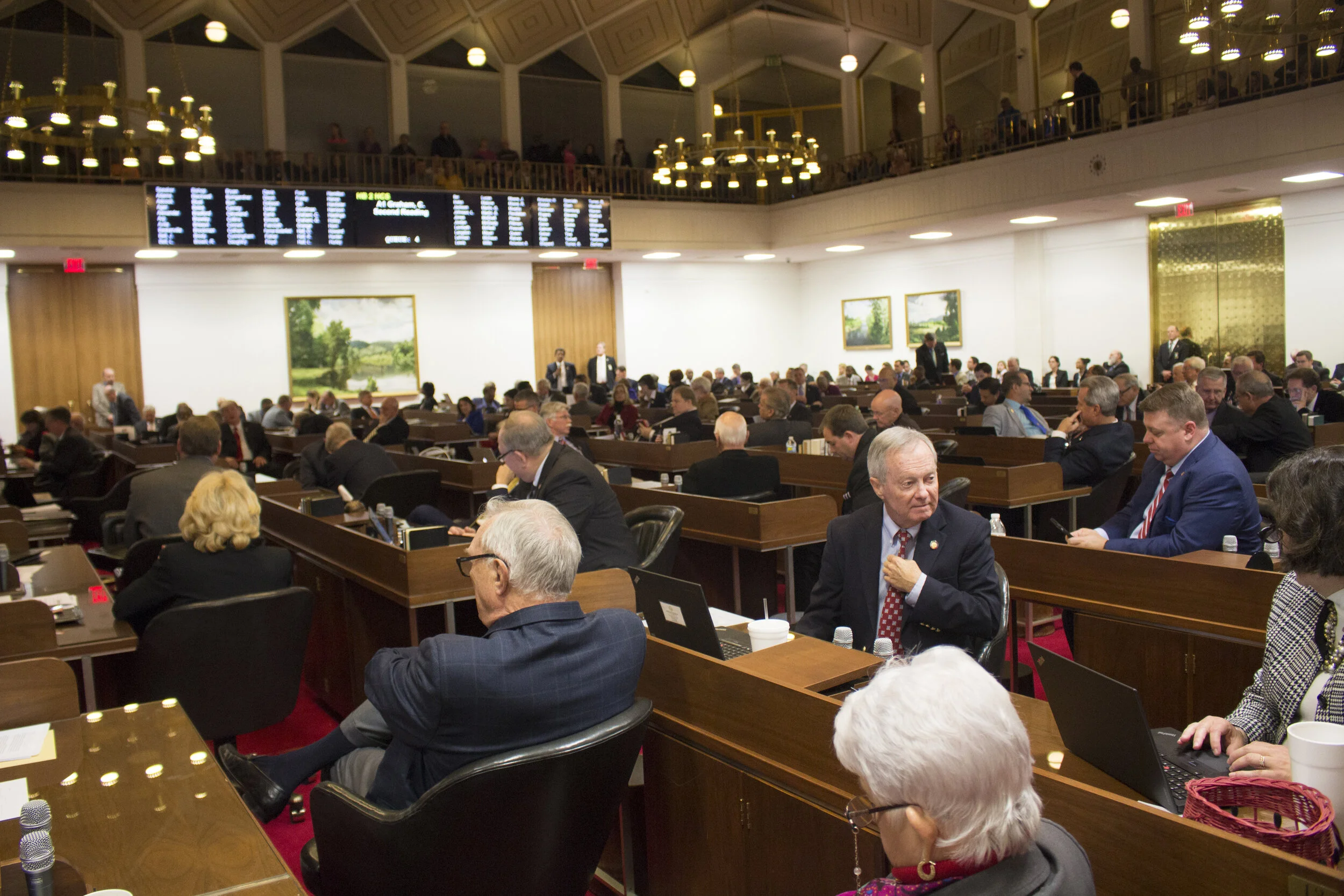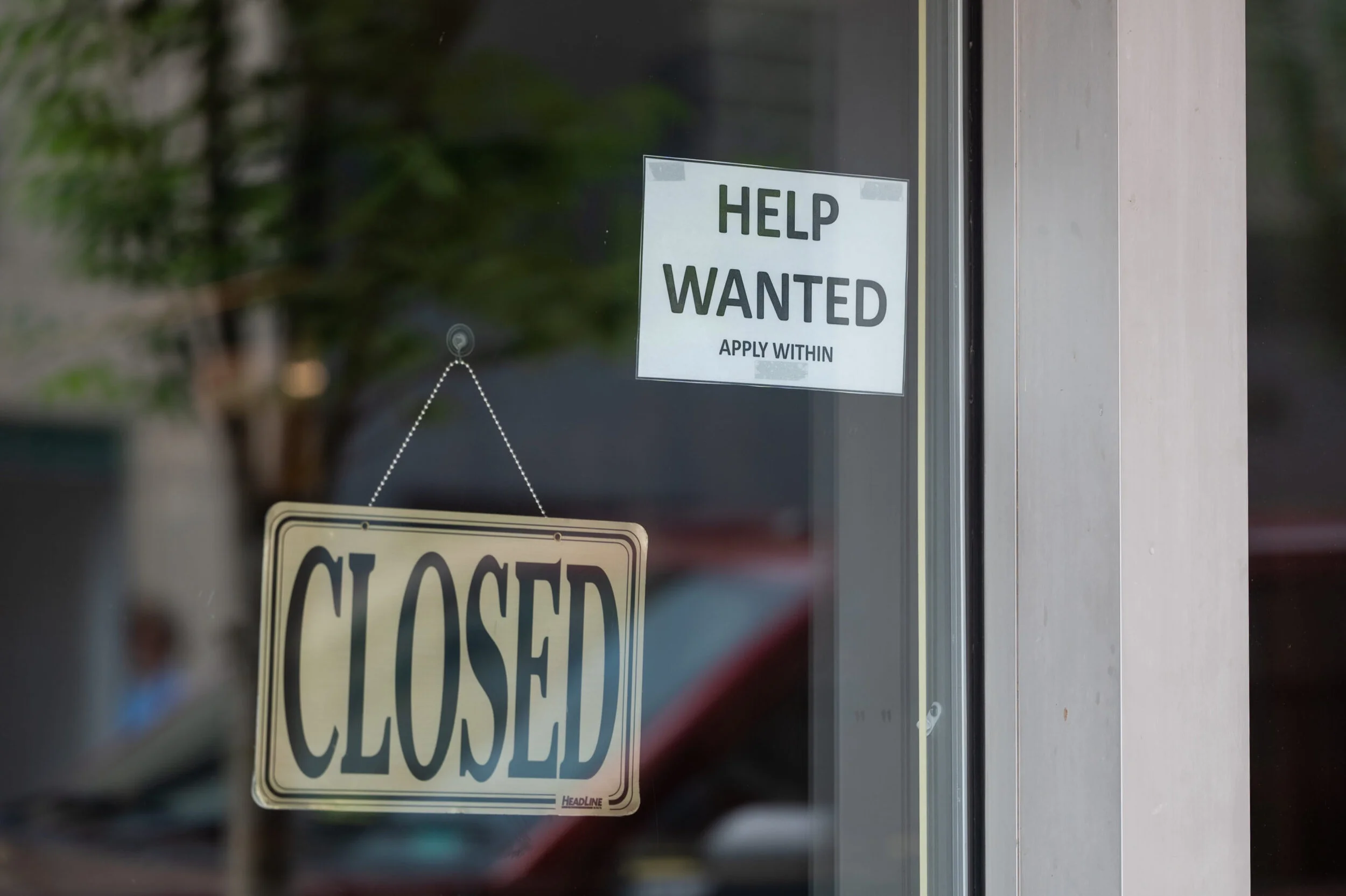House passes interstate agreement for licensing mental health counselors
By Donna King, Carolina Journal
The N.C. House unanimously passed a bill Monday to allow mental health counselors to work across state lines. Aimed at increasing public access to professional counseling services, House Bill 791, Licensed Counselors Interstate Compact, would enter North Carolina into an agreement with member states allowing a counselor’s license from one state to be accepted in the others. The interstate compact took on renewed importance with the growth of remote counseling services during COVID shutdowns. The Licensed Professional Counselors Association of North Carolina is supporting the bill.
“It will also support spouses of relocating military members, allow a remote state to hold a provider of services accountable to that state’s practice standards, and facilitate the use of Telehealth technology,” the group said in a letter of support.
The bill has a bipartisan group of primary sponsors — Rep. Diane Wheatley, R-Cumberland; Rep. John Szoka, R-Cumberland; Rep. Grier Martin, D-Wake; and Rep. Gale Adcock, D-Wake.
The popularity of interstate licensure compacts to reduce barriers to work is growing, particularly in health care and service industries like physical therapists, psychologists, speech-language pathologists, and audiologists. Currently, Georgia and Maryland are in this compact with legislation pending in North Carolina, Tennessee, and Nebraska. However, the compact doesn’t take effect until 10 states agree to join it.
Earlier this month the legislature passed a similar piece of legislation for occupational therapy and Governor Cooper signed House Bill 224 into law on June 11.
“This bill preserves and maintains our state’s licensure and regulatory authorities while enhancing access to skilled occupational therapy services, both in-person and through telehealth,” said Rep. Kristin Baker, R-Cabarrus, a primary sponsor of H.B. 224. “Interstate compacts like this one additionally improve continuity of care when patients travel or relocate, which benefits all our citizens, including military families.”
According to H.B. 79, for mental health counselors, in order to join the compact a state must license and regulate licensed professional counselors, require licensees to pass a nationally recognized exam, and require licensees to have a master's degree in counseling. Member states also have to report any problems with a licensed counselor in their state to the Counseling Compact Commission and require criminal background checks, among other requirements.
A new study in the Journal of Internal Medicine showed a spike in the use of telemedicine during the COVID pandemic shutdowns was not driven by people seeking help for injuries or physical ailments. Rather the spike was primarily those seeking care for mental health.
The increase in those seeking help through remote services was higher among younger patients, particularly college students ages 18 to 24. A joint study from N.C. State and Clemson University found that anxiety, isolation, and depression hit hardest on female college students, those with more than eight hours a day of screen time, and those who knew someone personally who contracted COVID.
“The pandemic is problematic for everyone, and we know that it’s especially problematic for students who are eager to experience the unique social atmosphere that college life has to offer,” said study co-author Lincoln Larson, associate professor of parks, recreation, and tourism management at North Carolina State University. “COVID-19 has thrown a wrench into all of that. Our study found the pandemic is clearly taking a significant psychological toll on students.”
Sponsors of H.B. 791 say the interstate compact will make more counselors available to patients and maintain accountability within the profession.



